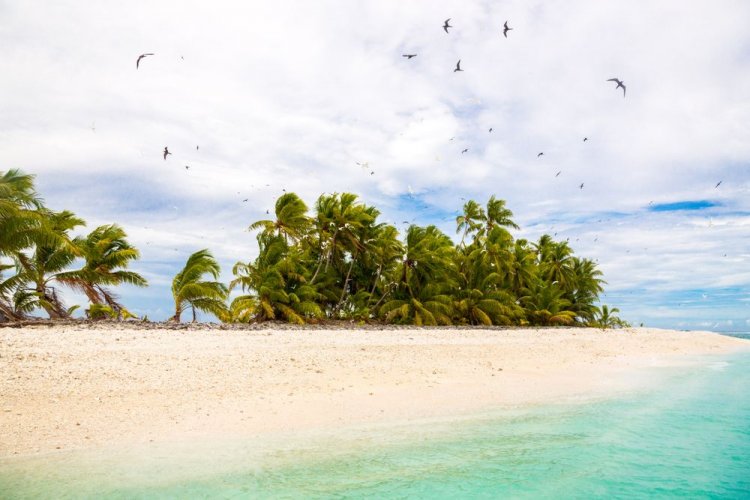Pacific island nation Tuvalu will create a replica of itself in the metaverse to preserve its history, culture and statehood in the event of flooding.
According to forecasts, due to sea level rise and climate change, the islands may completely sink by the end of the century, reports Reuters.
Tuvalu's Minister of Foreign Affairs, Simon Kofe, said this at the Climate Summit COP27.
Tuvalu consists of nine islands and has a population of about 12,000 people.
He said it was time to look for alternative solutions for his country's survival, including Tuvalu becoming the first digitized nation in the metaverse – an online realm that uses augmented and virtual reality (VR) to help users interact. Tuvalu had to act because the world's actions are not enough to prevent climate change.
"Our land, our ocean, our culture are the most valuable assets of our people, and to protect them from harm, regardless of what happens in the physical world, we will move them to the cloud," he said in a video message, which stands on a digital copy an island threatened by rising sea levels.
The article highlighted that at COP26 in 2021, Kofe spoke knee-deep in the sea to illustrate how Tuvalu is at the forefront of climate change. While the country will be the first to recreate itself in the metaverse, the city of Seoul and the island nation of Barbados plan to provide administrative and consular services in the new VR format.
Currently, during high tide, up to 40% of the metropolitan area is under water.
Coffee hopes that the creation of a digital nation will allow Tuvalu to continue to function as a state even if it sinks completely. The government is already beginning to make efforts to ensure that Tuvalu continues to be recognized internationally as a state and that its maritime boundaries – and the resources in those waters – are preserved, even if the islands are submerged.
As EcoPolitic previously reported, the UN meteorological agency warned that without much more ambitious action the physical and socio-economic consequences of climate change will become more and more destructive.





